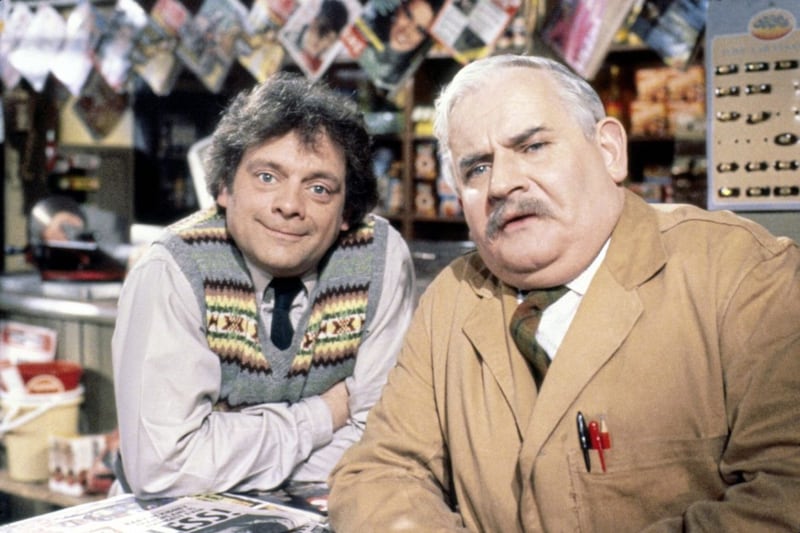There’s a picture in Birmingham City Art Gallery of which I’m particularly fond.
The artist is J.W. Waterhouse, a member of the Victorian pre-Raphaelite Brotherhood, most of whom specialised in portraits of glum-looking women from classic mythology in drapey-traily garments. It portrays the handsome (and naked) young Greek god Narcissus crouched by a pool of still water admiring his own reflection and not taking a blind bit of notice of Echo, (a diaphanously-clad maiden in love with him) standing in the background looking pretty cheesed off. If ever you saw a boyo dying about himself, it is he.
What put me in mind of the picture was a report of a study undertaken by our own Queen’s University, which concluded that people with an over-inflated sense of their own status and importance are less likely to be stressed or depressed than the more modest rest of us. Queen’s verdict: “their self-belief makes them more resilient and mentally robust. Being a narcissist may be the key to happiness.”
They may have a point. Look no further than the current crop of young hopefuls taking part in ‘The Apprentice’, a series resounding with the clash of egos. What a bunch of Teflon-coated, self-absorbed, attention-seekers, ironclad in confidence and sense of entitlement. Despite the coruscating and well-founded criticism of Lord Sugar, they believe their failures are due to others, rarely their own fault. They exit one by one, week by week, their self-belief seemingly undented. They’re the products of the revolution in child-rearing that has fostered the cult of ‘self’.
We’ve become obsessed with nurturing self-esteem in the young – policing their safety from sharp objects, household hazards and street dangers; shielding them from disappointment and offering them too many placatory choices instead of the word “No.” If they turn out to be snowflakes, then we have made them so.
Of course every child is precious to its parents, but it’s doing them no favours to bring them up in the current climate of superlatives and over-praise. “You’re unique, you’re beautiful, you’re special, you’re the best.” They discover to their chagrin by the age of three or four, there are many other little Napoleons in the nursery or playgroup, and life and society are cruelly competitive.
Is it wise to abandon the policy of ‘good/better/best’ in favour of ‘all have taken part so all must have prizes’? That’s not the way the world works, but if we bring them up with a sense of entitlement, the centre of their own universe, they’ll get a quare gunk when they go out into a challenging society and discover they’re decidedly average. Ironic isn’t it, that the most popular television shows – Bake Off, Strictly, Simon Cowell’s thing – are savagely competitive, each a gladiatorial contest, without the blood but lots of tears and snotters?
The media and our collusion in their addiction to it is chiefly to blame for the young’s huge insecurity and feelings of inadequacy, not to mention premature sexualisation, the spread of self-harm and youth suicide. Advertising and a breed of vapid so-called ‘influencers’ have spawned a ‘selfie’ and self-obsessed generation, rushing towards adulthood and autonomy, many whose chief ambition is “to be famous”. For what? “Dunno.”
We too longed to be better looking, more talented, more popular, but adolesced in decent obscurity, dabbing our acne with TCP and kept our misery to ourselves. Modesty, manners and respect for our elders mattered. “Keep your head down, your nose clean and don’t show off,” they advised. Our worst sin was listening to Radio Luxembourg on a crackling radio under the bedclothes – “rotting your brain with that rubbish.”
These days every school has its motto – nearly all a variation on the theme of ‘aspiration, endeavour and achievement’. In town I look at today’s uniformed teens – girls with their too-short skirts and microbladed eyebrows; boys with Peaky Blinder haircuts, so unflattering to the jug-eared.
To a generation quaking with insecurities, a lot more relevant than any is the simple, ‘Be the best you can be’.








